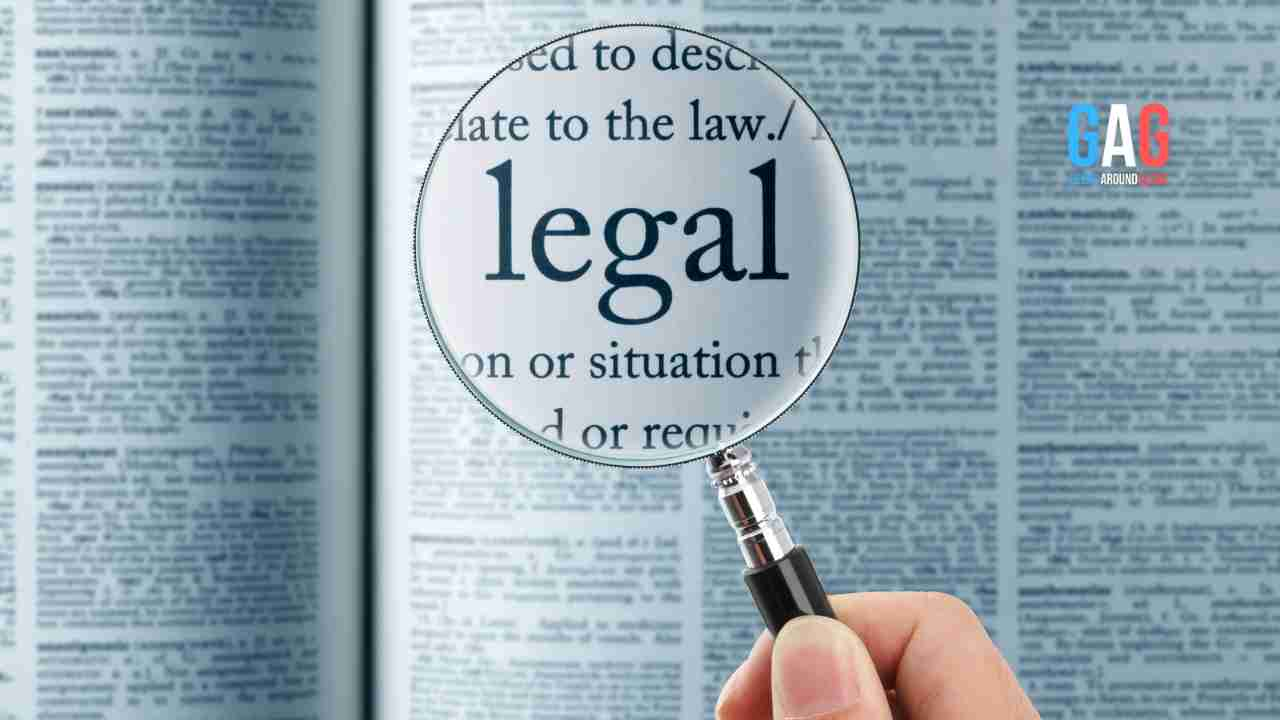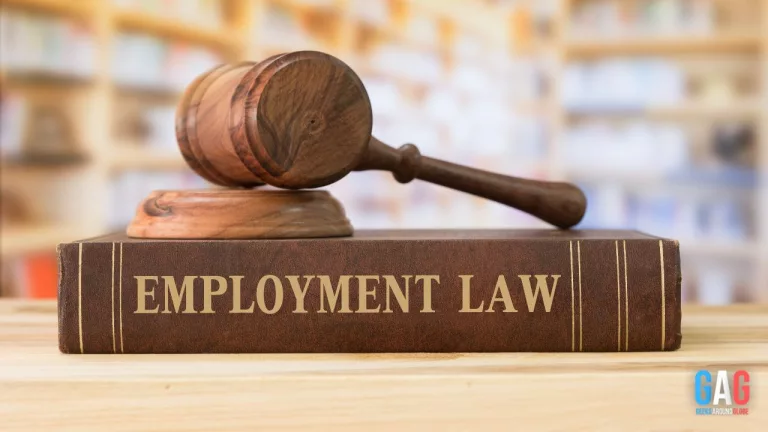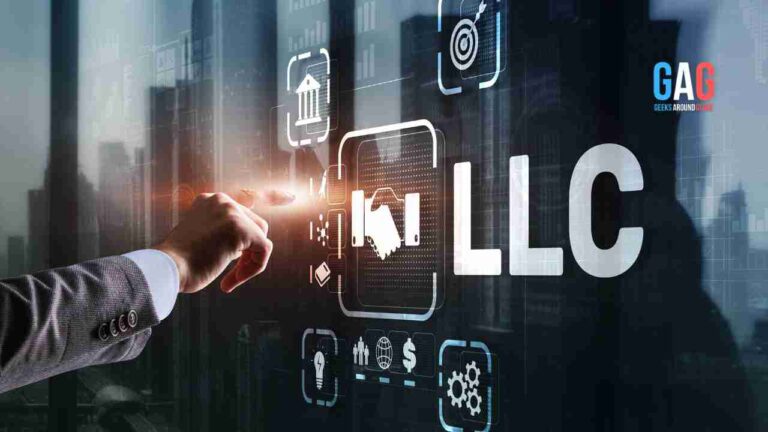Transparency and accountability are paramount in the complex financial world, where countless transactions occur daily. One crucial tool that aids in this endeavor is the Legal Entity Identifier. It has become integral to financial transactions, helping identify legal entities involved in various financial activities. But how can one ensure the validity of this identifier? Continue reading to look into the world of LEI Lookup to understand how to verify its authenticity.
Understanding the Basics
Legal Entity Identifiers are alphanumeric codes, each 20 characters long, assigned to legal entities participating in financial transactions. They function as unique digital fingerprints for businesses and organizations, simplifying the identification process for regulators and market participants. They offer vital information about an entity, including its name, legal structure, and location. They enhance transparency within financial markets, improve risk management, and prevent fraudulent activities.
Why Validity Matters
Validating it is essential as it directly influences trust and integrity in financial transactions. Accurate information about the entities involved is vital for individuals and organizations participating in economic activities. An incorrect or fraudulent number can result in financial losses, legal complications, and reputational damage.
The Role of LEI Lookup
The Lookup involves verifying the authenticity and accuracy of Legal Entity Identifiers. It is a pivotal step for various stakeholders in financial transactions, including investors, banks, and regulatory authorities. Below are essential aspects to consider when performing a Lookup:
Utilizing the Global LEI System (GLEIS)
The Global LEI System (GLEIS) is the foundation for registration and validation. GLEIS operates as a decentralized system connecting multiple number issuers worldwide. This ensures standardized and consistent assignment, simplifying verification for users. To confirm the validity, the official GLEIS website offers a search tool where users can input the number in question, receiving detailed information about the associated entity, such as legal name, registration status, and address.
Verifying LEI Issuers
These are assigned by Local Operating Units (LOUs), authorized entities responsible for registration and validation. Ensuring that a reputable LOU issued the number in question is crucial. Accredited LOUs recognized by GLEIS add credibility to it.
Cross-Checking with Regulatory Databases
Numerous regulatory authorities and financial institutions maintain databases listing entities with valid numbers. Cross-referencing the number in question with these databases can help confirm its authenticity. This step proves particularly valuable for individuals and organizations dealing with regulatory compliance and due diligence.
Validating Entity Information
Beyond confirming its existence, validating the associated information is equally important. This includes verifying the entity’s legal name, address, and structure. Any discrepancies or inaccuracies in this information can raise concerns.
Monitoring Updates
Entities evolve, leading to changes in their number information. Staying informed by periodically checking the validity linked to financial transactions is crucial. Some services offer subscription-based monitoring, providing notifications for changes or updates.
Seeking Professional Advice
When the validity is critical, seeking guidance from legal or financial experts is advisable. They can conduct thorough due diligence and assist in verifying its accuracy.
Conclusion
The significance of ensuring Legal Entity Identifier validity cannot be overstated in a world where financial transactions occur globally. LEI Lookup is an essential process that upholds transparency, accountability, and trust within the financial sector.
By leveraging the Global System, verifying the issuers, cross-referencing with regulatory databases, validating entity information, monitoring updates, and seeking professional guidance, individuals and organizations can confidently navigate the intricate landscape of financial transactions.
Understanding and implementing the Lookup best practices transcends mere compliance; it signifies a proactive stance in safeguarding financial interests and contributing to the integrity of the global financial system. The next time it is encountered, remember the importance of verifying its validity; it is the key to secure and transparent financial dealings.







